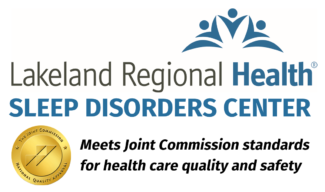 According to researchers, the aging brain and the development of brain diseases can be affected by the health of your other organs as well as sleep.
According to researchers, the aging brain and the development of brain diseases can be affected by the health of your other organs as well as sleep.
“What’s becoming better appreciated is that the risk of developing brain diseases is linked to the health of the [other] organs,” says Constantino Iadecola, M.D., a neurologist and chair of the Feil Family Brain and Mind Research Institute at Weill Cornell Medicine. “The whole story is not the brain.”
Sleep apnea is a potential risk for memory problems. If not treated properly, sleep apnea has been linked to an increased risk of dementia. A study by the American Academy of Neurology found those with sleep apnea symptoms were about 50% more likely to have memory and/or thinking problems than those without symptoms.
“During those [nonbreathing] phases of apnea, your brain doesn’t get enough oxygen,” Iadecola says. “Day in and day out, the brain is going to pay a toll for it.”
Snoring is a sign of sleep apnea. If you or your partner notice a lot of snoring at night, you might consider a sleep study for sleep apnea. Click HERE to learn more about sleep apnea and HERE to read about the various sleeps study options.
AARP (arp.org)
